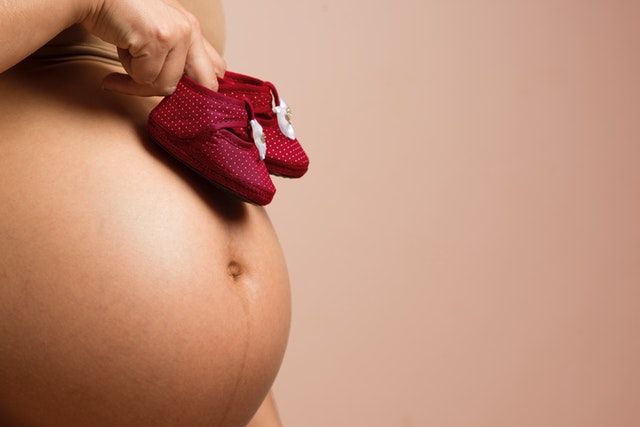The biopsy of embryos and In vitro fertilization (IVF) is often done when infertility is experienced. It can reveal the number of chromosomes in the embryo. And they are used to see if any chromosomal abnormalities may result in a failed pregnancy or congenital disabilities if the pregnancy goes to the full term. Unhealthy embryos are usually taken out. This genetic evaluation can also reveal the gender of the unborn baby.
Going forward, parents have the option of selecting their baby’s gender during IVF; during this process, only the embryos of their preferred sex are transferred to the uterus. Fertile couples have often opted for IVF just to be able to choose the gender of their baby. Although families have their own personal reasons for making this decision, it has raised concerns on whether selecting the gender of your baby is an ethical choice.
Here are some examples of current ethical concerns regarding gender selection:
1. Destruction of embryos

The question of what happens to unused embryos during IVF has been up for debate everywhere. Couples have to decide what will happen to the embryos that have been frozen, though they are encouraged to donate them to other couples or research. Whereas other couples decide to keep them frozen for when, or if they choose to have the other gender.
2. Gender imbalance in society
IVF gender selection has often resulted in societal imbalances and skewed populations. China and India are perfect case studies for this. Until 2015, China had a one-child policy that resulted in most couples opting for abortion if preimplantation genetic screening showed that the baby would be a girl. The Chinese population now has more men than women and men find it difficult to get marriage partners.
3. Devaluation of a given gender
Preference over an assigned gender may lead to the other being devalued, although people who are for gender selection argue that there is nothing sexist about it. They say that gender selection may be used when a couple already has children of the same gender and wish for the other one. This reason is understandable, because a family with three boys may want to have an opportunity to have a baby girl, and this is where this sort of science and technology can come into play and in turn, help families in these situations.
4. Rise of designer babies
It is feared that gender selection may be a prelude to designer babies. As science becomes more advanced and fertility technology gets more complicated, parents may be able to not only choose the gender of their babies but also determine the physical characteristics the baby will have. It would lead to robotic babies with predetermined capabilities. This could, in turn, result in a very unnatural generation and may lead to many issues.
5. Diversion of resources from people who need IVF
There are currently two ways to determine the gender of your baby; one, through intrauterine insemination and two, IVF. Intrauterine insemination has, at best, a 95% chance of success while IVF guarantees 100% success. IVF is, therefore, the preferred method of gender selection. While no specific data is pointing to couples going for IVF solely to determine the gender of their baby, it is feared that the technology may be used more for gender selection than curing infertility.
The health industry is profit-driven, and it will be difficult for facilities to turn away fertile couples. As a result, the demand for IVF is likely to go higher and raise the costs beyond those people who need IVF to have a baby. At the end of the day, it is a personal preference; and people are going to have various opinions and views on it, like everything else in this world.


